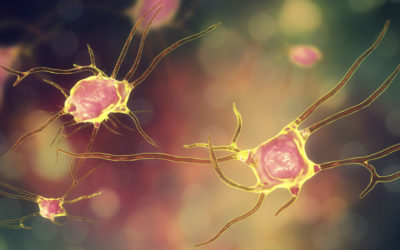Quick Hits
Daily brief research updates from the cognitive sciences

W ouldn’t it be great if we could learn things double speed? Well, maybe we can. At least according to a study out of the University of California.
During the pandemic many students have been watching or catching up on lectures by watching recordings of lectures. These researchers wanted to know what happens if the recordings are speeded up – often students will speed through these recordings anyhow. What they found is that these can be sped up to about double the speed without any loss of comprehension or knowledge. It seems that this is down to how we process spoken speech. We tend to speak at about 150 words per minute and can process speech at up to 275 worlds per minute – almost double the speed. More than doubling the speed reduces comprehension.
They conducted different experiments, for example by watching twice at double speed, spaced by a week, or watching once at normal speed and once at high speed. Watching twice did marginally increase scores.
So, the summary is that watching speeded up video of lectures – up to twice the normal speed does not reduce comprehension and watching twice double speed improves comprehension (but not by very much).
Seems like this is a good idea then – but beware of cognitive load, cramming your day with double-speed lectures may also not be so good – that’s probably another experiment to conduct.

Andy Habermacher
Andy is author of leading brains Review, Neuroleadership, and multiple other books. He has been intensively involved in writing and research into neuroleadership and is considered one of Europe’s leading experts. He is also a well-known public speaker speaking on the brain and human behaviour.
Andy is also a masters athlete (middle distance running) and competes regularly at international competitions (and holds a few national records in his age category).
Reference
Dillon H. Murphy, Kara M. Hoover, Karina Agadzhanyan, Jesse C. Kuehn, Alan D. Castel.
Learning in double time: The effect of lecture video speed on immediate and delayed comprehension.
Applied Cognitive Psychology, 2021
DOI: 10.1002/acp.3899
More Quick Hits
How Your Brain Eats Itself – To Improve Memory
Your brain eats itself – gruesome eh! Actually this appears to be a good thing most of the time…
A Regular Routine Makes You Happier and Smarter
Recent research just published shows that a regular routine with plenty of activity protects against depression and preserves cognitive function!
Like Smart Humans, Smart Jays Exhibit Self Control
Jays are smart, that is known. Now we know they can exhibit self-control – but only if they are smart themselves.
Your Dog Can Smell When You’re Stressed – And Reduce Stress
The benefits of pets – but it depends on how healthy your relationship is with them.
Neurons in a Dish Learn to Play Pong
A group of neurons in a petri dish can learn to play a computer game – amazing!
Chirp Up! Birdsong Improves Mental Wellbeing
We know birdsong has positive benefits – and this research is showing by just how much…






